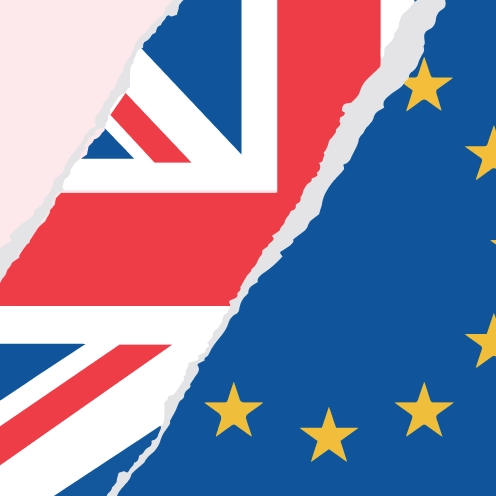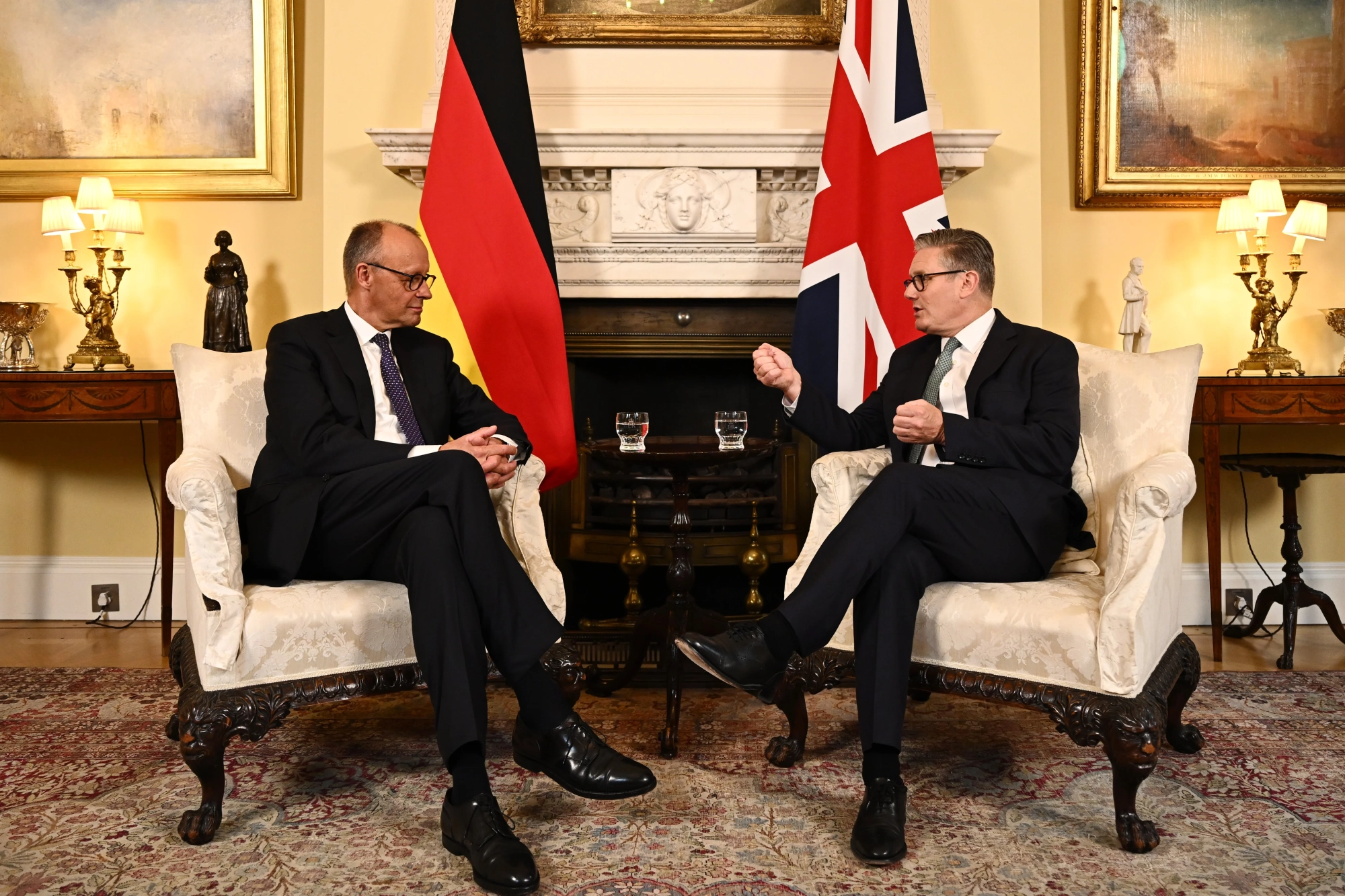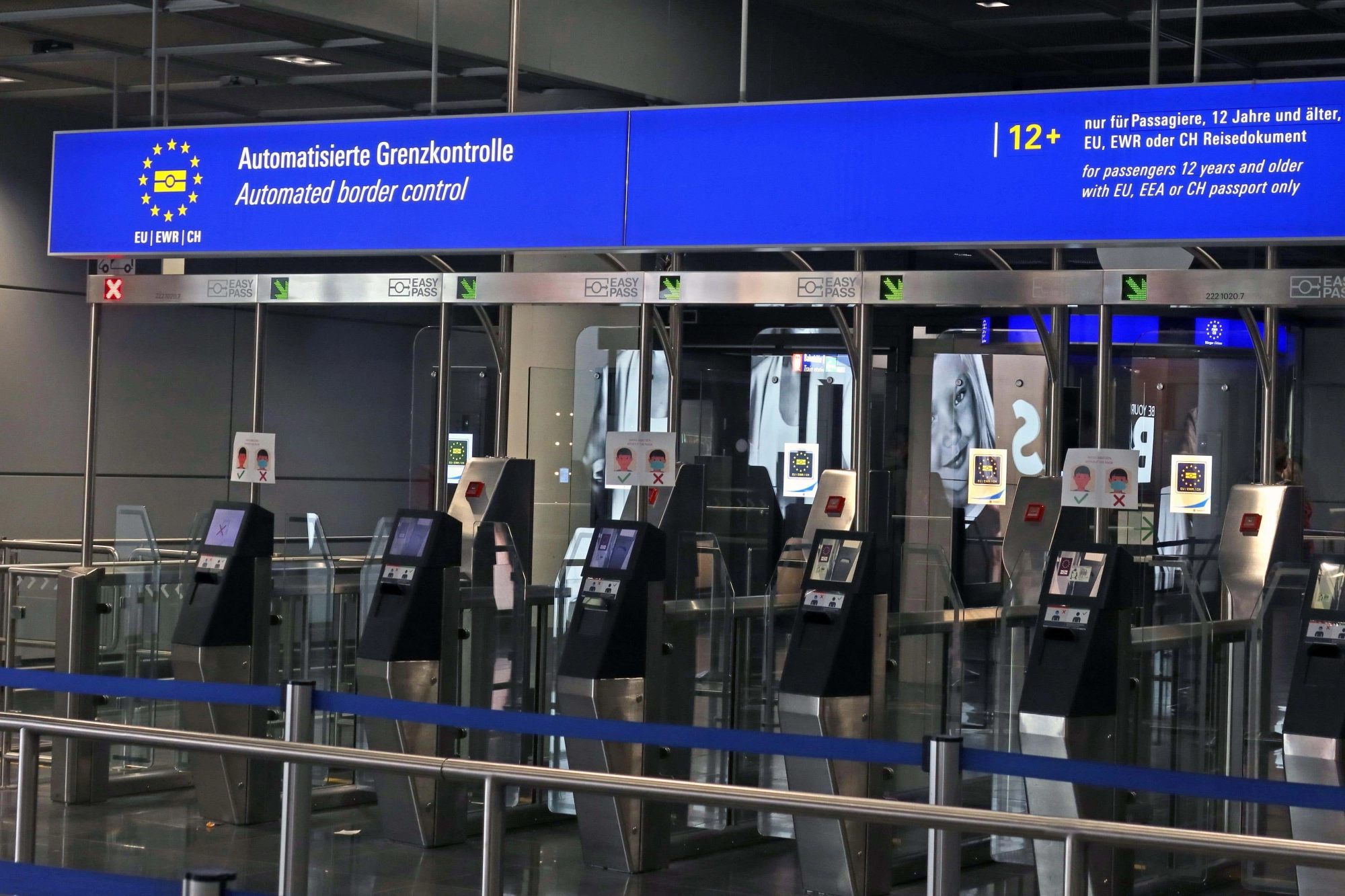
German chancellor Friedrich Merz has said he deplores Brexit as he signed a major cooperation deal between his country and Britain.
At a press conference on Thursday alongside Sir Keir Starmer, Mr Merz said that countries should respond to the major challenges of our time together.
Speaking through a translator, Mr Merz, on his first official visit to the UK since he became chancellor in May, told the press conference that he deplores deeply the UKs decision to leave the EU.
The UK-German treaty, the biggest between the two countries since the end of the Second World War, sees them both agree to collaborate on migration, trade and security.
 Friedrich Merz and Keir Starmer in No 10 on Thursday (PA)
Friedrich Merz and Keir Starmer in No 10 on Thursday (PA)
Sir Keir and the German leader also agreed to "work ever more closely" on a range of issues.
The deal marks what has been a turnaround in Anglo-German relations.
Six years ago the then German chancellor Angela Merkel warned that post-Brexit Britain would be a potential competitor to the EU, as France and Germany appeared to close ranks.
Under the new agreement, Germany will close a loophole to allow police to seize small boats being used by migrants to cross the Channel.
As part of moves designed to cut post-Brexit red tape, German school trips to the UK will also become visa-free by the end of the year, while British visitors to Germany will be able to use its passport e-gates by the end of August.
The fast track will initially be for frequent travellers but will eventually be extended to all British visitors, as part of Sir Keirs wider Brexit reset with the EU.
Sir Keir described the document, known as the Kensington Treaty, as very special.
 Visa rules for German school parties and the procedures for passing through airports for Britons are set to change (Alamy/PA)
Visa rules for German school parties and the procedures for passing through airports for Britons are set to change (Alamy/PA)
The Labour leader said it was "evidence of the closeness of our relationship as it stands today" as well as a "statement of intent, a statement of our ambition to work ever more closely together".
Mr Merz, a committed supporter of the European Union, once described himself as truly European.
And a recent poll showed that most people in Germany, as well as in three other large EU countries, would welcome the UK back into the bloc.
At the same time most Britons are in favour of rejoining, the YouGov survey of six western European nations found, but only if they can keep the opt-outs the UK previously had, such as remaining outside the Schengen zone and keeping their own currency.
The poll found that at least half of people asked in France, Germany, Italy and Spain, supported the UK being allowed to rejoin, a range that spanned from 51 per cent support in Italy to 63 per cent in Germany.
Those figures fell to less than half, however, if Britain wanted to rejoin on the same terms as before, with its opt-outs intact.
The Office for Budget Responsibility estimates that the size of the UK economy will be 4 per cent smaller over the long term because of Brexit.


